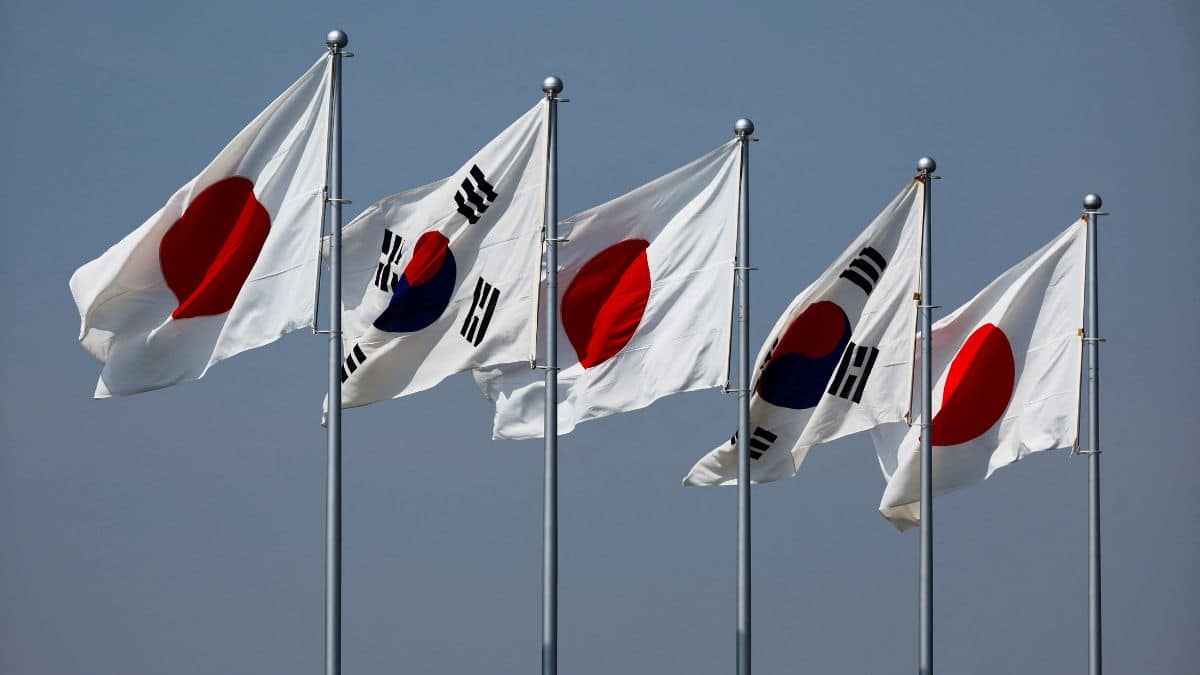Japan and South Korea (ROK) have made significant strides in improving their relations in recent months, aiming to align their regional strategies in response to perceived threats, particularly from China, Russia, and North Korea.
Despite being maritime neighbours with deep cultural, economic, and military ties, their relationship has been marred by various issues, including territorial disputes over Liancourt Rocks and differing views on historical matters.
The nadir of Japan-ROK relations was reached in 2019 when diplomatic tensions spilled over into economic and military domains, resulting in reciprocal trade restrictions and the cessation of bilateral military information sharing. However, the landscape changed as external pressures mounted, including China’s economic coercion, Russia’s actions in Ukraine, and heightened tensions surrounding North Korea’s nuclear programme. Under the leadership of ROK President Yoon Suk Yeol and Japanese Prime Minister Fumio Kishida, both nations are striving to rebuild trust and cooperation.
Central to this thaw was a significant policy shift by ROK’s conservative government, which proposed a plan to address historical grievances regarding Japan’s wartime forced labour in Korea, funded solely by Korean companies. This move aimed to resolve a legal impasse triggered by a 2018 Korean Supreme Court ruling that had strained relations further. Subsequent shuttle diplomacy between Yoon and Kishida paved the way for meetings in Tokyo and Seoul, underscoring the importance of their cooperation for regional security and stability.
The burgeoning cooperation extends to their respective Indo-Pacific strategies, with ROK’s new approach aligning more closely with Japan’s regional vision. Enhanced collaboration was evident at the G7 meeting in Hiroshima, where both leaders visited a memorial to Korean victims of the atomic bombing, signifying a shared commitment to addressing historical wounds and common challenges.
Moreover, joint initiatives such as the QUAD working group on critical technologies and ROK’s accession to the Comprehensive and Progressive Agreement for Trans Pacific Partnership (CPTPP) reflect a deepening partnership. The Camp David Summit in August 2023 marked a milestone in trilateral cooperation, highlighting shared commitments to security, human rights, and economic resilience.
Despite these positive developments, challenges remain, including domestic opposition and concerns about China’s response to the enhanced partnership. However, the institutionalisation of trilateral cooperation offers hope for enduring stability and prosperity in the region, aligning with U.S. interests and reinforcing the strategic importance of Japan-ROK ties in the face of regional tensions.

